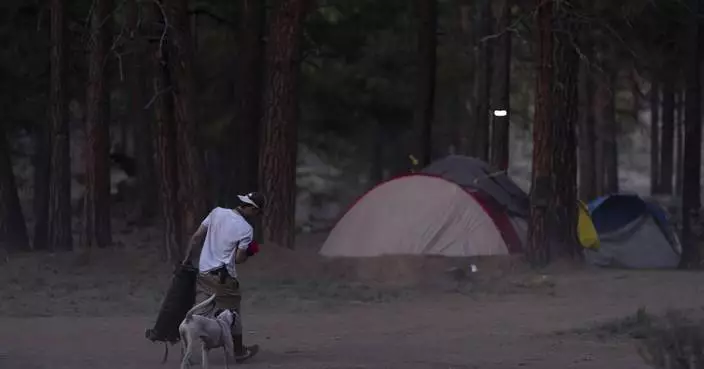KUALA LUMPUR, Malaysia--(BUSINESS WIRE)--Nov 4, 2024--
KKV, the comprehensive lifestyle trend retail brand under KK Group, makes significant strides in the Malaysian market this year, driven by its strong consumer reputation and impressive market performance. The brand’s success is highlighted by monthly sales exceeding 5,000,000 MYR, establishing a solid foundation in the local market.
This press release features multimedia. View the full release here: https://www.businesswire.com/news/home/20241103414708/en/
Following the successful launch of its first global flagship store in Kuala Lumpur on January 30, 2024, KKV has now strengthened its market presence with the additional stores in key cities, including Kuala Lumpur, Penang, Malacca, and Johor Bahru. This strategic expansion showcases KKV’s rapid scalability and deep understanding of local consumer needs, reinforcing the brand’s confidence in the Malaysian market. As part of its long-term vision, KKV plans to expand to 10 stores in Malaysia by the end of 2024 and introduce its sister brands THE COLORIST and X11 to the local market, aiming to reach 200 stores across Southeast Asia within the next three years.
“KKV’s expansion in Malaysia is not just about opening new stores,” said Rojen Wu, International project operation leader of KKV. “It’s about bringing innovative design, superior shopping experience and diverse products to local consumers, making KKV a trend leader in diverse lifestyles.”
KKV’s approach goes beyond traditional retail by introducing 100 lifestyles to consumers through its extensive collection of over 20,000 SKUs, including trendy toys, foods, daily necessities, stationery, home furnishing, clothing & accessories, skincare, makeup and beauty tools. Thanks to the brand’s wide range of products, it is true for many of its customers that no one can leave without nothing. In addition to its unique product offerings, KKV employs a self-developed retail system that enhances internal efficiency, outperforming traditional retail companies. The brand also incorporates a variety of design elements within its stores, creating distinct, immersive spaces that make customers feel as if they are stepping into real-life scenarios. This blend of aesthetics and technology sets KKV apart in the market, while its “100 lifestyles” philosophy underscores the brand’s commitment to offering more products, better designs, and enhanced shopping experiences.
KKV’s journey in Malaysia is a testament to the brand’s belief in the potential of the market and its dedication to building lasting connections with local consumers. As KKV continues to grow, it remains committed to its mission of enhancing consumers’ everyday life through trend-setting, high-quality products and an immersive shopping experience.


KKV Malaysia Flagship Store at Bukit Bintang (Photo: Business Wire)
NEW DELHI (AP) — India will include caste details in its next census, in a move likely to have sweeping socio-economic and political ramifications for the world's most populous country.
Information Minister Ashwini Vaishnaw didn’t say when the census would begin when he announced it would include caste information Wednesday. He said the decision demonstrated New Delhi’s commitment to the “values and interests of the society and country.”
The count is likely lead to demands to raise the country’s quotas that reserve government jobs, college admissions and elected offices for some categories of castes, especially for a swathe of lower and intermediate castes that are recognized as Other Backward Classes. India’s current policy caps quotas at 50%, with 27% reserved for OBCs.
Caste is an ancient system of social hierarchy in India and is critical to Indian life and politics. There are hundreds of caste groups based on occupation and economic status across India, particularly among Hindus, but the country has limited, or outdated data on how many people belong to them.
Successive Indian governments have resisted updating caste data, arguing that it could lead to social unrest. But its supporters say detailed demographic information is necessary to properly implementing India’s many social justice programs.
Colonial ruler Britain began an Indian census in 1872 and counted all castes until 1931. However, independent India since 1951 only counted Dalits and Adivasis, who are referred to as scheduled castes and tribes, respectively. Everyone else’s caste was marked as general.
The next once-in-a-decade population survey was originally due in 2021, but has been delayed mainly by the COVID-19 pandemic and logistical hurdles. The last official census in 2011 counted 1.21 billion people, of which 2011 million were scheduled castes and 104 million were scheduled tribes.
The announcement comes months ahead of a crucial election in India’s poorest state of Bihar, where caste is a key issue. Modi’s party runs a coalition government in Bihar.
The opposition and Modi’s partners have pressed the government to count caste in a new census. Modi’s Hindu nationalist party has in the past opposed the idea of counting people by caste, saying it would deepen social divisions in the country.
Opposition leader Rahul Gandhi of the Congress Party wrote on X that “It is clear that the pressure we put on the government for Caste Census has worked."
Two Indian states, northern Bihar and southern Karnataka, have already released caste surveys, both showing a higher number of backward castes and prompting demands to raise quotas.
Two southern states, Andhra Pradesh and Telangana, are also planning to undertake similar surveys.
Vaishnaw said including caste details in the national census would improve transparency, while adding that some states ruled by opposition parties have done their own caste surveys for political gain.
Fortunes of many of these political parties, including Prime Minister Narendra Modi's ruling Bharatiya Janata Party, depend on alliance of castes, particularly those in the OBC category.
On Wednesday, Amit Shah, India’s powerful home minister, called the move “historic” and said it “will empower all economically and socially backward sections.”
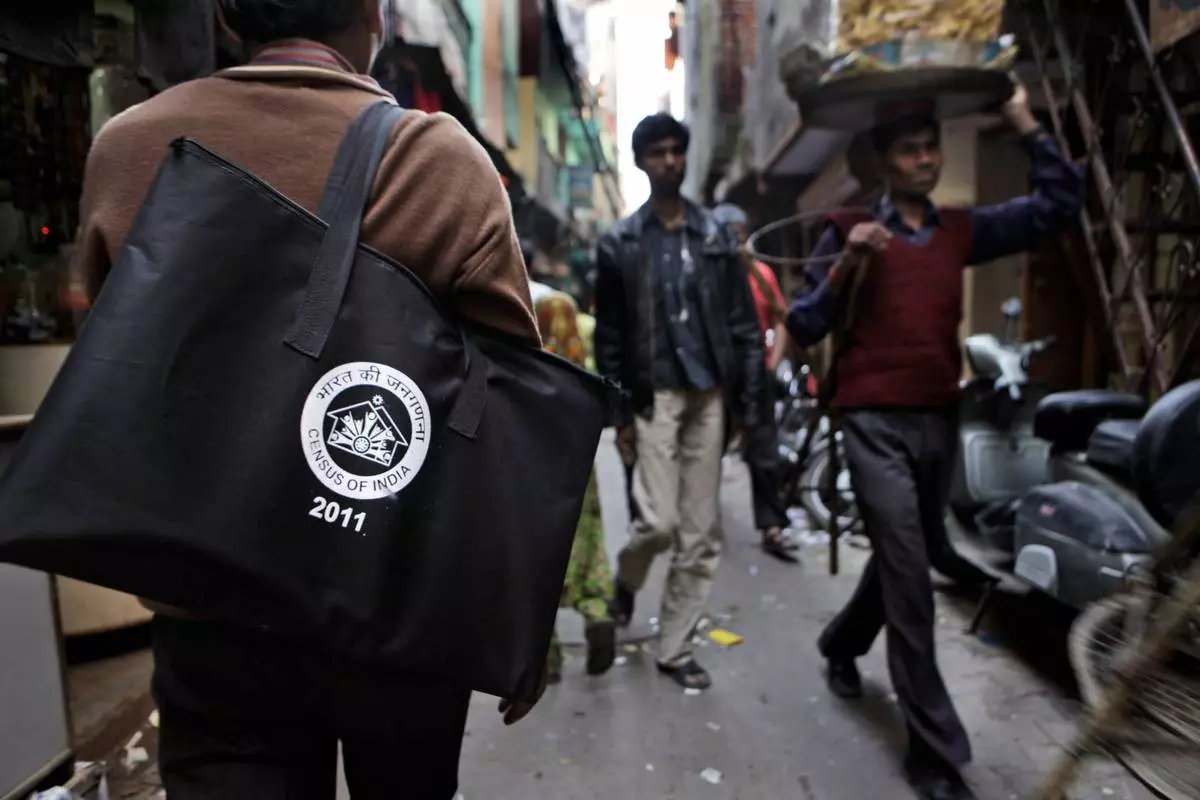
FILE -An Indian government census enumerator Pawan Kumar, left, walks down a street in New Delhi, India, Feb. 10, 2011. (AP Photo/Manish Swarup, File)
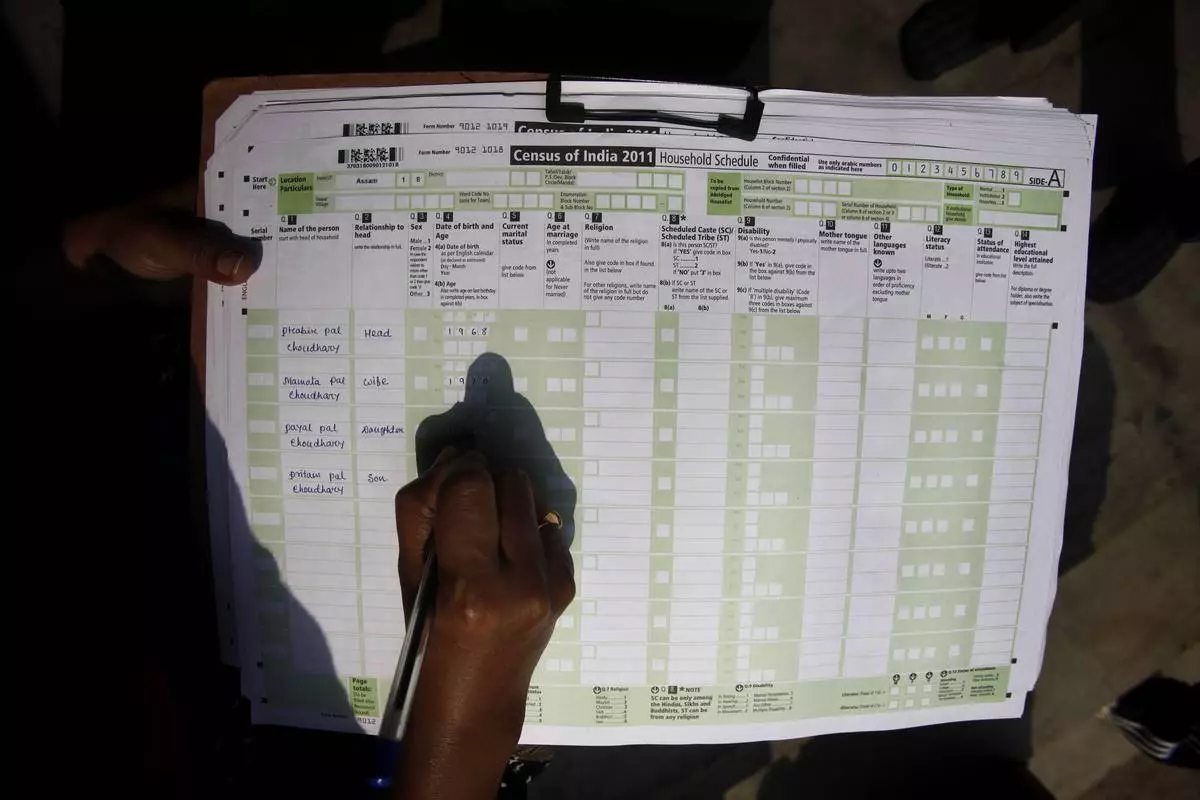
FILE -A census official collects information from a household in Bonda, on the outskirts of Gauhati, India, Feb. 11, 2011. (AP Photo/Anupam Nath, File)
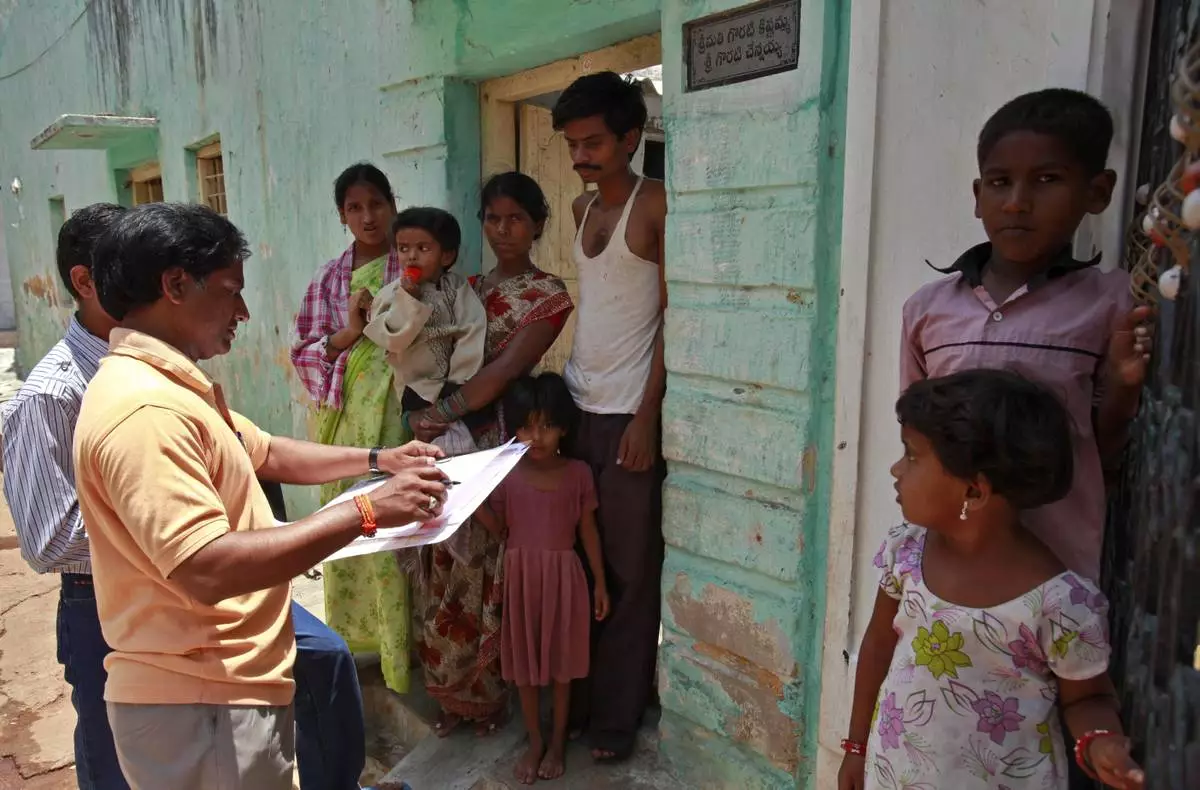
FILE -A census officer collects details of a family in Hyderabad, India, May 11, 2010. (AP Photo/Mahesh Kumar A, File)
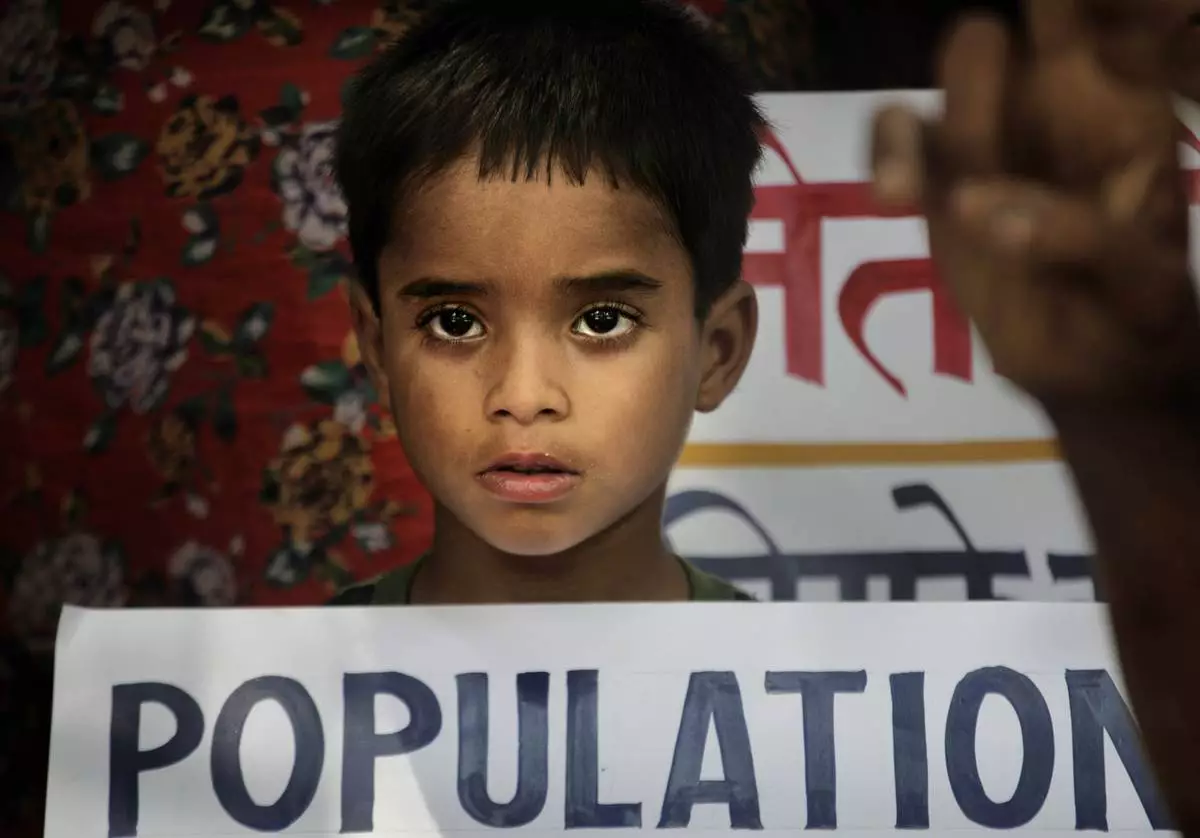
FILE -A boy holds a banner during a demonstration by local activists demanding "Population Control Bill" for two children per couple, on World Population Day in New Delhi, India, July 11, 2011. (AP Photo/Manish Swarup, , File)
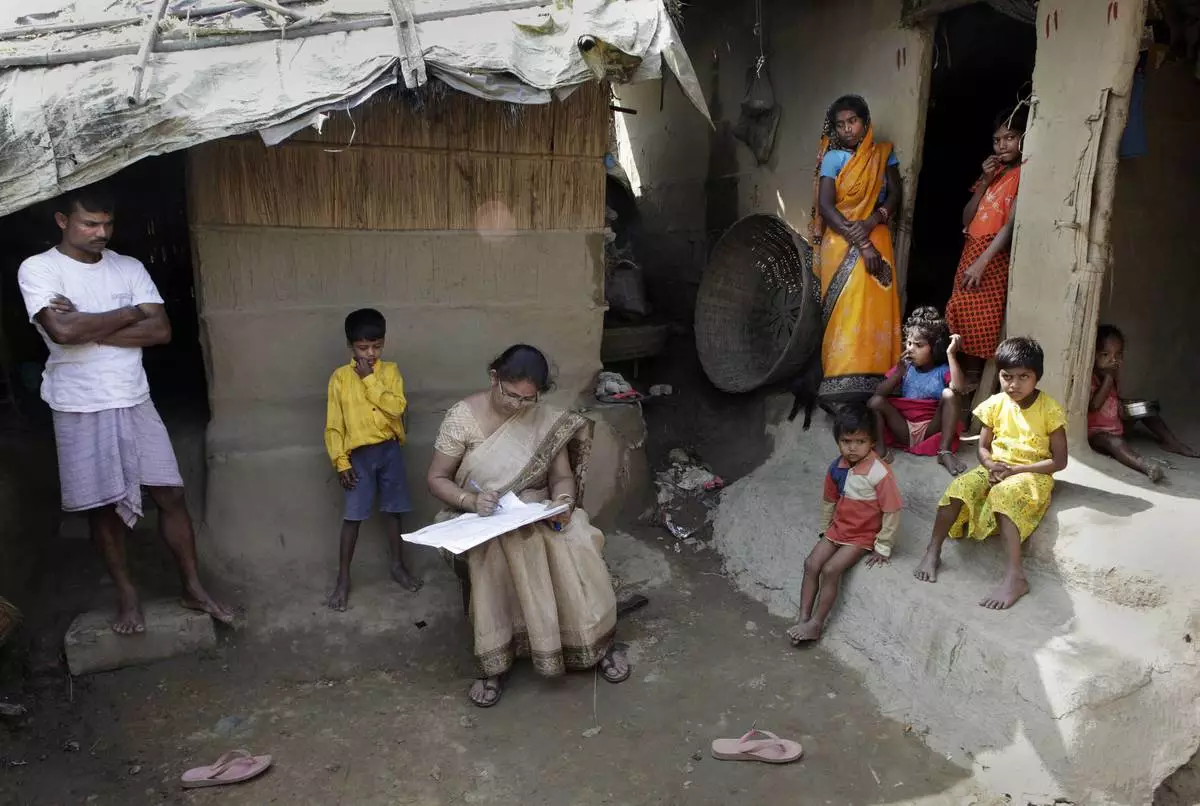
FILE -Mahesh Shah, left, stands as his family members look while census worker Rumima Das, writes the information on a paper on the first day of the national census at Ramsingh Chapori village, east of Gauhati, India, April 1, 2010. (AP Photo/Anupam Nath, File)













